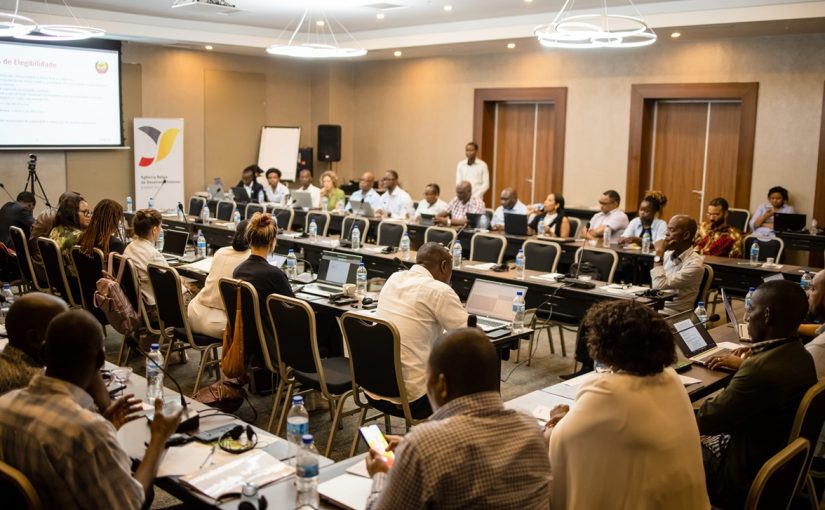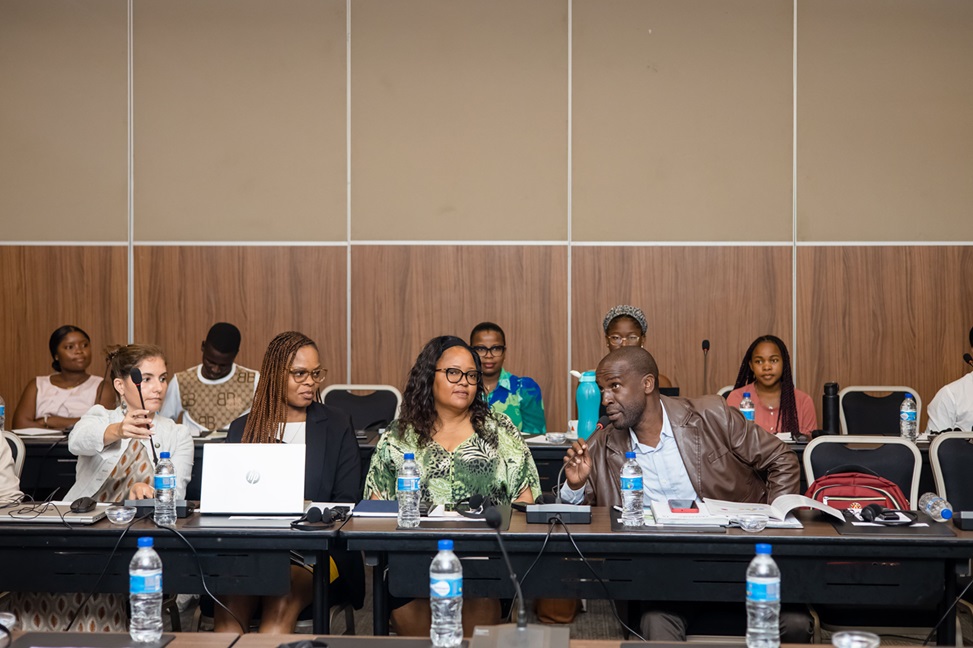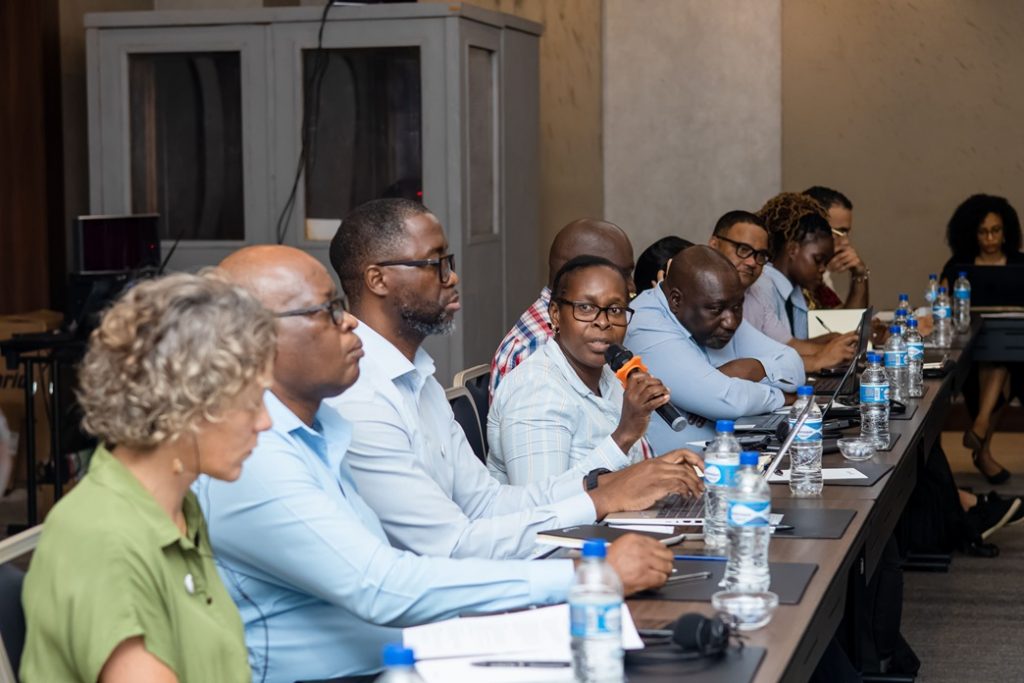Mpox: Mozambican authorities report 11 suspected cases, only three confirmed cases
Mozambique takes another step in combating climate change with the launch of a 116 million meticais fund by Enabel

Photo courtesy: Enabel
Mozambique has made another stride in addressing climate change with the launch of a fund worth 116 million Meticais by Enabel – the Belgian Development Agency. The fund was presented to potential beneficiaries and the general public on December 13 in Maputo during the Dissemination Session of the Operations and Procedures Manual for a financing mechanism designed to support studies, technical assistance, and pilot projects. This initiative was developed in collaboration with the Government of Mozambique through the Climate Finance Unit (GFC) of the Ministry of Economy and Finance (MEF).
The STEP project aims to finance initiatives that generate greater knowledge on various topics related to climate change while promoting innovative solutions to address inherent challenges. During the event, Vicente Matsinhe, the Project Manager, emphasized the significance of this financing, noting that it would benefit a wide range of initiatives and stakeholders within the sector. “This project focuses on issues affecting the most vulnerable communities and recognizes that much remains unknown about climate change. We aim to promote more knowledge and foster collaboration between the public and private sectors,” said Matsinhe.
Priority areas identified include access to water, loss and damage, energy access, and waste management—sectors that face significant challenges and require increased mobilization of climate finance to mitigate their impacts. In total, approximately 116 million Meticais will be available to fund projects related to energy transition and climate change during the period from 2024 to 2027.

According to Samuel Buvane, Assistant Coordinator for Climate Finance at Enabel, the funds can be used for activities such as studies, research, seminars, consultancies, and training. “The studies and resulting information will be disseminated for the benefit of all, encouraging more effective collaboration among various actors,” added Matsinhe, referring to the advantages this project will bring to stakeholders and the general public.
Enabel highlights the importance of collaboration with the private sector (particularly non-profits), recognizing its critical role in climate finance. “The private sector holds significant capital that can be pivotal in this area. Our goal is to create more opportunities for partnerships and collaboration,” Matsinhe reinforced.
Anacleta Chiangua, a representative of the Climate Finance Unit of the Ministry of Economy and Finance, noted that the event provided an opportunity to deepen the implementation mechanisms for projects funded by Enabel. She emphasized that this session was only the first step in a series of interactions that will lead to the submission of relevant and high-quality proposals.
The agency is committed to supporting communities nationwide, particularly in provinces facing greater climate-related challenges. Through this project, Enabel aims to lay the groundwork for attracting additional resources and ensuring a sustainable impact. “Our resources are limited, but we want to use them as a seed to foster more knowledge and collaboration in the future,” Matsinhe explained.

Additionally, Enabel offers a technical team that works closely with the GFC of the MEF to support institutions in developing and refining ideas related to climate change, promoting meaningful and mutually beneficial interventions.
The Dissemination Session was led by the GFC and saw broad participation from government entities, civil society organizations, associations, cooperatives, and representatives of rural communities.
Following this event, Enabel and the Climate Finance Unit of the Ministry of Economy and Finance plan to replicate these sessions in other locations, further disseminating information and attracting more participants who can benefit from the available funding. “We are confident that this initiative will encourage greater participation and collaboration across all sectors involved. We want to continue engaging and working with stakeholders in these priority areas,” Matsinhe concluded.
- Enabel is the development agency of Belgium’s federal government. It implements Belgian governmental cooperation.












Leave a Reply
Be the First to Comment!
You must be logged in to post a comment.
You must be logged in to post a comment.